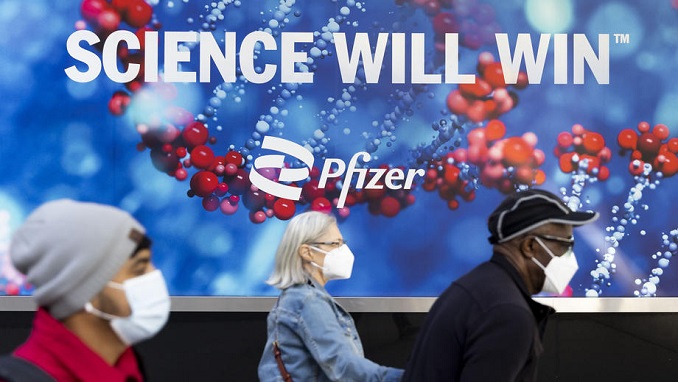Biotechnology Innovation Organization (BIO) members Bristol Myers’, Pfizer’s, and AbbVie’s drugs “are likely to be among 10 big-selling medicines subject to U.S. price negotiations for 2026,” Reuters reports, citing “five lists prepared by Wall Street analysts and academics with a total of 27 drugs across them.”
The blood thinner Eliquis, which Bristol Myers Squibb shares with Pfizer; Pfizer’s breast cancer drug Ibrance; and leukemia treatment Imbruvica, sold by AbbVie and Johnson & Johnson, appear on all five lists.
Diabetes drug Ozempic sold by Novo Nordisk; Astellas Pharma’s and Pfizer’s prostate cancer treatment Xtandi; and Johnson & Johnson’s blood thinner Xarelto, on the other hand, appeared on three of the lists.
“The lists differ because each analyst has their own projections for drug sales, and it is not certain if the government will consider gross sales or net sales after the market discounts,” the Reuter’s article adds.
The compiled lists only confirm what BIO Chief Advocacy Officer Nick Shipley previously warned about—that the proposed increased price controls would be “a costly blow to the millions of patients depending on innovative cures.”
According to Shipley, this will also “further destabilize Medicare, slow critical investment in future research and development, stall drug innovation, and ultimately harm patients.”
The U.S. government, which was granted the power to start the first price negotiations over prescription drugs for its Medicare health program after the Inflation Reduction Act (IRA) passed Congress last year and took effect on Jan. 1, “will launch the negotiation process in September by naming the first drugs it plans to target,” Reuters notes.
IRA permits the Centers for Medicare & Medicaid Services (CMS) to negotiate prices for Part B and Part D drugs covered under Medicare.
Per Morningstar, the expectations are that first for negotiation, which is to be run by the CMS, will be “the 10 pharmacy-based prescription drugs it spends the most on for the year ended May 2023” from Part D, the pharmacy-based prescription drug program.
According to Morningstar analysts, “15% of global branded drug sales stem from Medicare, and biopharma firms will see varying effects depending on their reliance on Medicare sales, price increases, expensive specialty drugs, and lengthened patent protection.”
The revised prices for the first 10 drugs are expected to take effect in 2026.
The government will publish its list on Sept. 1 whereas drugmakers will have by Oct. 2 “to submit data making the case for each treatment’s value, including whether the drug represents a therapeutic advance and if it serves unmet medical needs.”




